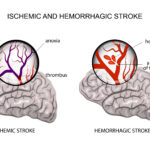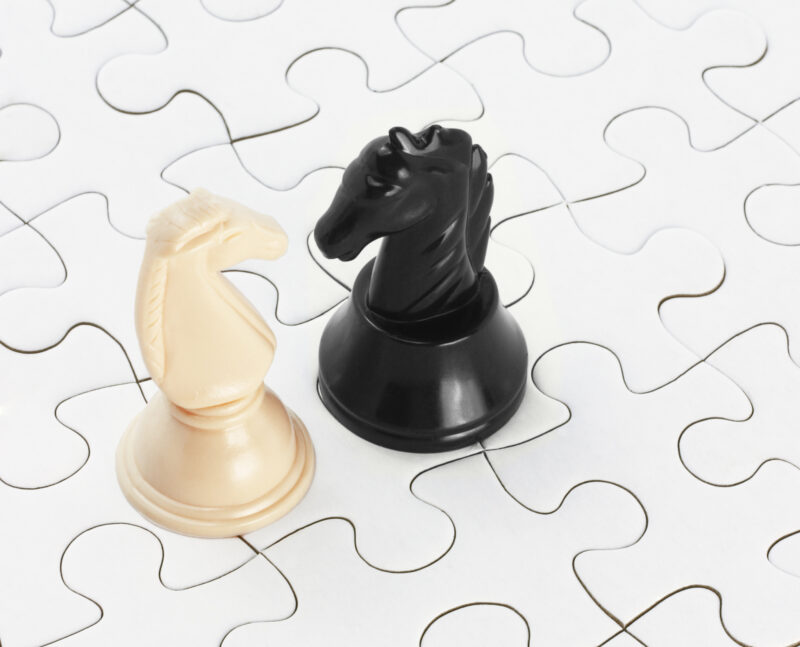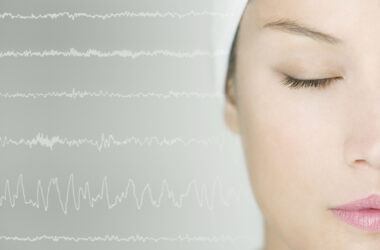Social distancing works. The best way to protect yourself, your loved ones and other members of your community from the spread of COVID-19 is to stay home and follow social distancing guidelines.
A long side avoiding shared and public spaces, washing your hands with soap and water for a minimum of 20 seconds is key to deterring this virus. This is not to say that quarantining isn’t difficult on our mental health.
It takes a toll when we can’t see or hug loved ones or follow usual day-to-day routines of going to the gyms and running errands.
To help fend off the perils of boredom while safely staying at home, here’s a few activities to consider:
- Chess:This timeless board game has been around for thousands of years. Chess teaches problem-solving, encourages memory, improves spatial and planning skills and can increase the ability to concentrate. Chess players have even been linked to having a lower chance of developing Alzheimer’s. If you don’t know how to play, there’s never been a better time to learn.
- Crossword puzzles: A seemingly old-fashioned activity is coming back into vogue as most of us have more time at home. Crossword puzzles help improve one’s vocabulary, reduces stress and can encourage social bonding if you’re working with others. There is research to suggest that crossword puzzles can also help defend against the development of Alzheimer’s and dementia.
- Get Creative: Writing, drawing, painting, photography or even tie-dying an old shirt are incredible ways to shake up your creativity. It can be helpful to decompress and unwind from the stresses of the external world by creating art. Art is often used as a form of therapy as it can help people manage behaviors, process feelings, reduce stress and anxiety and increase self-esteem.
- Make time for Exercise: Whether it is going for a walk, doing an online workout class in your living room or practicing yoga in your bedroom, exercise is likely more important than ever for your mental health. By exercising everyday, there is an established routine, which can create a sense of calmness and normalcy during a time of constant change and uncertainty. The endorphins of exercise can also be incredibly helpful for your mental state and can ultimately help you sleep better and stay physically stronger.
- Learn: Become a student again. Many online education platforms are offering courses for free. Tackle subjects that you wished you had studied such as business entrepreneurship, foreign language or mathematics. Or learn a new skill outside of academia like cooking, arts & crafts, or playing an instrument. Focusing on a single task and working toward a goal can be immensely helpful while passing the time.










